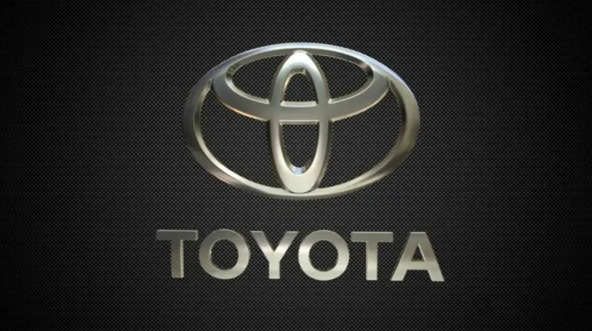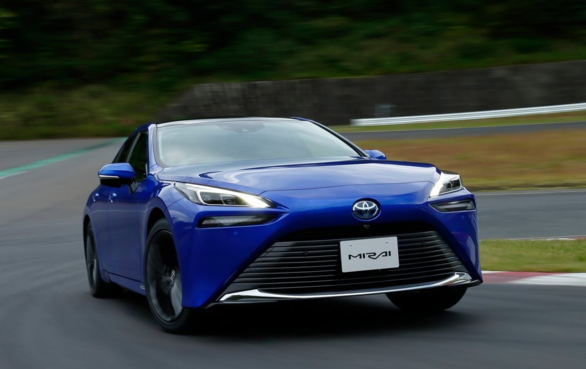
News on May 30: Electric vehicles are becoming the first choice for more and more people when buying new cars due to their environmental protection and cost advantages. Globally, sales of new energy vehicles continue to grow, although the overall auto market situation is not very optimistic. However, Japan, as a major automobile country, seems to have no sign of catching up with the electrification wave, and its automobile industry has even formed a unified camp opposing full electrification.


The above is the detailed content of Japan's auto industry resists full electrification; Toyota advocates hydrogen fuel cells and synthetic fuels. For more information, please follow other related articles on the PHP Chinese website!
 Can Douyin recharge phone bills be refunded?
Can Douyin recharge phone bills be refunded?
 The difference between paste mask and solder mask
The difference between paste mask and solder mask
 What do computer software systems include?
What do computer software systems include?
 How to display two divs side by side
How to display two divs side by side
 How to calculate the refund handling fee for Railway 12306
How to calculate the refund handling fee for Railway 12306
 How to change PS brush color
How to change PS brush color
 What are the differences between spring thread pool and jdk thread pool?
What are the differences between spring thread pool and jdk thread pool?
 STYLE.BACKGROUND
STYLE.BACKGROUND




